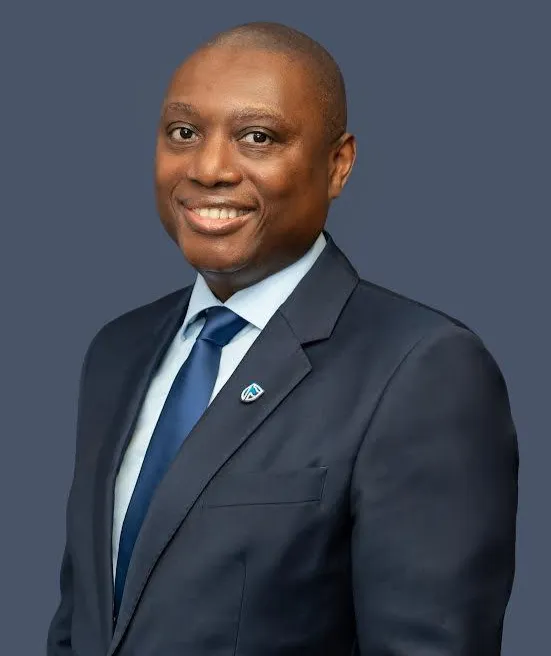
Standard Bank Group CEO Sim Tshabalala (above) and CFO Arno Daehnke will retire at the age of 60 in two years time.
Image: Supplied
Standard Bank Group’s share price rose as much as 3.3% on Thursday after reporting a strong interim financial performance and the future retirement plans of its two top executives.
CEO Sim Tshabalala and CFO Arno Daehnke are set to retire late in 2027. The board of Africa’s biggest bank by assets in June raised the retirement age of their executives from 60 to 63, but Tshabalala, who was appointed in 2013, and Daehnke, appointed in 2016, will not be impacted by this decision.
Tshabalala said in an interview with Business Report that this was because their retirements were part of a longer term, orderly succession strategy. “It was always the plan to retire at 60. We are both energetic… I am sure we will be making further contributions to add value post-retirement,” he said.
The bank lifted headline earnings per share by 10.4% to 1 458.0 cents in the six months to June 30, 2025. The share price traded as high as R250.04 on Thursday morning, a price 7.7% higher than what it traded at a year ago.
The earnings growth came from continued balance sheet growth, robust fee and trading revenue growth, and a tight rein on costs. In addition, growth in credit charges was muted. Insurance and Asset Management continued an upward trajectory in earnings. The interim dividend was raised 10% to 817 cents per share.
The deployment of personalised, data-driven offers to clients drove client retention and entrenchment and increased revenue. In South Africa, digital clients increased by 7%, successful digital transactions were up 12%, and digital sales volumes increased by 33%. This all drove digital revenue up 21%. The number of active clients increased by 2%.
“Our performance in the first six months reflects robust franchise momentum in our businesses and active capital management, despite the volatility linked to global developments,” Tshabalala said. He added that they were confident the lender was on track for delivery on targets outlined in August last year.
Business client growth was underpinned by growth in the transactional and merchant account base in South Africa and targeted acquisition strategies in the group’s Africa Regions franchise. Investment banking origination reached a new record, driven in particular by opportunities in the Energy and Infrastructure sector.
Africa Regions contributed 41% to group headline earnings. Tshabalala said they had received approvals to open a representative office in Egypt, and the group was now operating on the ground in 21 different African countries.
The group’s sustainable finance operations mobilised R53 billion in the first half of 2025 and R230bn since 2022. The group earlier this year increased its sustainable finance mobilisation target from R250bn by 2026 to R450bn by 2028.
Standard Bank’s South African franchises delivered earnings growth of R11.6bn, the Africa Regions R9.7bn, offshore businesses R1.6bn, and the contribution from the 40% stake in ICBC Standard Bank was R0.8bn. Key contributors to the Africa Regions’ headline earnings were Angola, Ghana, Kenya, Mauritius, Mozambique, Nigeria, Uganda, and Zambia.
Group total net income growth exceeded the growth in costs, and the cost-to-income ratio improved to 49.4% from 49.7%. In March, the group targeted headline earnings growth of 8% to 12% in the financial years from 2026 to 2028. The targets for the 2025 financial year were reaching banking revenue growth of mid-to-high single digits in rands, and for banking cost-to-income ratios to be flat to marginally down year-on-year.
BUSINESS REPORT